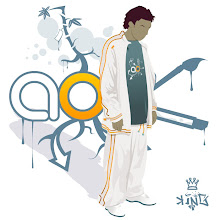Critical thinking means correct thinking in the pursuit of relevant and reliable knowledge about the world. Another way to describe it is reasonable, reflective, responsible, and skilful thinking that is focused on deciding what to believe or do. A person who thinks critically can ask appropriate questions, gather relevant information, efficiently and creatively sort through this information, reason logically from this information, and come to reliable and trustworthy conclusions about the word that enable to live and act successfully in it. Critical thinking is not being able to process information well enough to know to stop for red lights or whether you received to correct change at the supermarket. Such low-order thinking, critical and useful though it may be, is sufficient only for personal survival; most individuals master this. True critical thinking is higher-order thinking, enabling a person to, for example, responsibly judge between political candidates, serve on a murder trial jury, evaluate society’s need for nuclear power plants, and assess the consequences of global warming. Critical thinking enable an individual to be a responsible citizen who contributes to society, and not be merely a consumer of society’s distractions.
When you are thinking critically, you are not just thinking passively and accepting everything you see and hear. You are thinking actively. You are asking questions about what you see and hear, evaluating, categorising, and finding relationships.
Some critical thinking activities are listed below:
SOME OF THE ACTIVITIES INVOLVED IN CRITICAL THINKING:
Asking question
Analysing
Categorising
Comparing and contrasting
Describing
Establishing cause and effect
Evaluating
Identifying problems and solutions
Interpreting according to a framework
Making a claim and supporting it
Making links between ideas
Predicting
Relating theory to practice
Synthesising
Using appropriate evidence
Critical Thinking
Friday, December 5, 2008
Labels:
critical thinking,
education,
learning,
student,
university
Subscribe to:
Post Comments (Atom)


0 comments:
Post a Comment